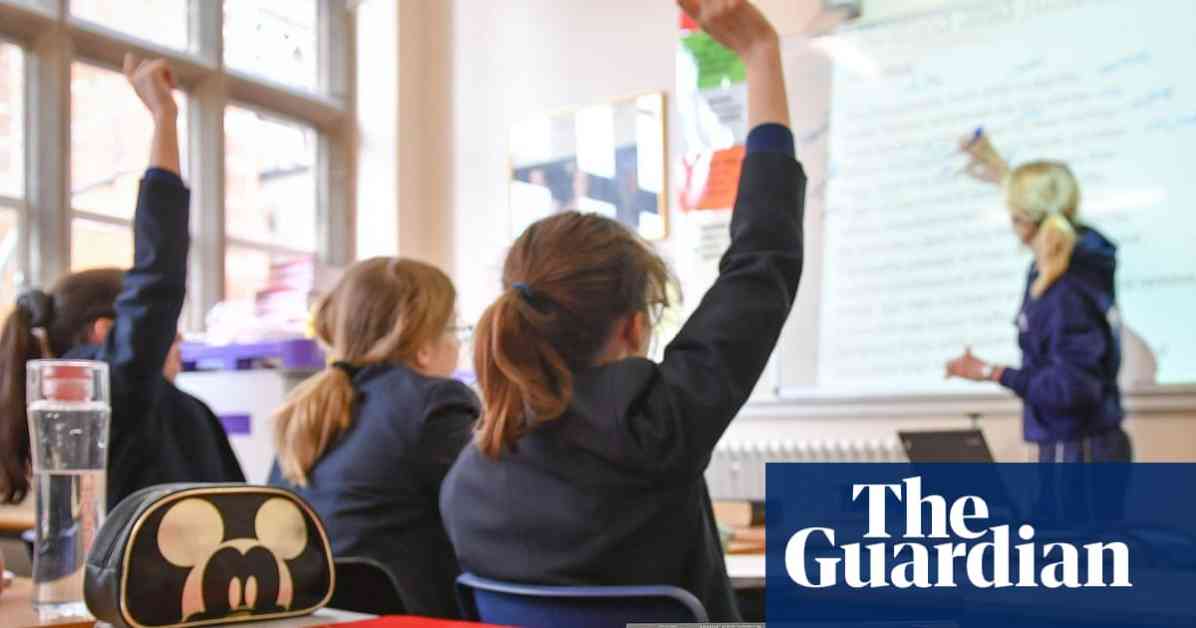The government’s plan to impose VAT on private school fees has garnered significant public support, according to a recent poll conducted by the Private Education Policy Forum (PEPF) thinktank. The policy, set to take effect on 1 January, has been backed by 54% of the population, while only 22% oppose it. This level of support surpasses previous polls conducted before the election, indicating a growing resonance with the public.
Critics of the government’s initiative have been accused of being out of touch with reality by education secretary Bridget Phillipson, who has faced attacks from the Conservatives and rightwing media. Despite the backlash, the polling of over 2,000 individuals revealed a broader discontent with the private education system, with 57% expressing dissatisfaction with its fairness.
Public Backing for Change
The survey also highlighted widespread approval for the proposal to require UK private schools to reserve a quarter of their spots for local students, aiming to enhance social integration. A government official emphasized the overwhelming support for redirecting tax breaks from private schools to bolster the state sector, advocating for increased investment in public education.
Financial Impact and Educational Investment
The new tax policy is projected to generate £1.5bn in revenue by 2025-26, contributing to a total of £1.7bn for the state education system by 2029-30. These funds are intended to recruit 6,500 additional teachers and enhance mental health services in schools, ultimately raising academic standards and educational outcomes.
Expert Analysis and Global Perspectives
Francis Green, a professor specializing in work and education economics at University College London, emphasized the unique nature of the British private school system compared to other European countries. While some argue against taxing private education based on international practices, Green contends that the UK’s private schooling landscape warrants a distinct approach due to its exclusivity and financial disparity.
In light of the prevailing public sentiment favoring reform, private schools are urged to engage constructively in the dialogue surrounding social accessibility and educational equity. The growing support for the government’s tax policy underscores a shifting societal attitude towards addressing inequalities within the education system, signaling a potential transformation in the landscape of British schooling.
Now, let’s take a moment to reflect on our own experiences with education. Have you ever felt the impact of financial barriers on your academic journey? Share your thoughts on how access to quality education can shape individual opportunities and societal progress. Join the conversation on educational equity and the role of public policy in fostering inclusive learning environments.







